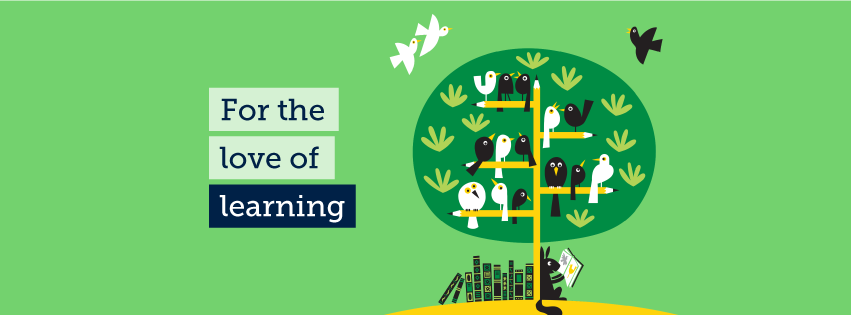
A petition has recently been published on Change.org about the number of nature words in the Oxford Junior Dictionary. We take customer feedback very seriously and have addressed the most commonly raised concerns below. Like you, we feel strongly that nature is essential to children’s lives and are encouraged to see that this is such […]
Read more